 This is a special briefing session to look at 5 funds for large projects that could be useful for ASV projects. Most of these are open now! This will be an opportunity to find out more and meet potential collaborators.
This is a special briefing session to look at 5 funds for large projects that could be useful for ASV projects. Most of these are open now! This will be an opportunity to find out more and meet potential collaborators.
There are two iterations of the event and it will be recorded.
Wednesday 27th January 13:00 – 14:00
Wednesday 3rd February 13:00 – 14:00
| Call Details | Call Start | Call Close |
| UKRI uk-ireland-collaboration-in-digital-humanities | 08/01/2021 | 18/03/2021 |
| For large, innovative and multidisciplinary projects involving the collaboration of both UK and Ireland-based researchers . Up to £320K. | ||
| Horizon 2020: Excellent Science | 21/01/2021 | 20/04/2021 |
| These grants support principal investigators in establishing a research team. | ||
| Enhancing Learning and Research for Humanitarian Assistance (ELRH) | 22/04/2021 | |
| For collaborative research that has the potential to create transformative change to health response within the humanitarian sector. £1 – £3M. | ||
| AHRC/SBE(US National Science Foundation (NSF)) | open | open |
| A transatlantic collaborative research which allows US and UK researchers to submit a single collaborative proposal that will undergo a single review process. It must be led by a US PI. Up to £1M. | ||
| Wellcome Trust: Ideas Fund | late Jan 21 | 01/10/2023 |
| A new grants programme to think about, develop and test new ideas related to areas of mental wellbeing that are relevant to the UK public. Focused initially on four localities – more information on these to be announced. |
To book onto one of these briefings, please email RKEDF@bournemouth.ac.uk

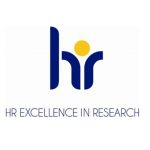 A vacancy has arisen for one of the two posts of University Representative, the leaders of the Research Staff Association. This is not a faculty-specific post, any eligible person from any faculty can apply.
A vacancy has arisen for one of the two posts of University Representative, the leaders of the Research Staff Association. This is not a faculty-specific post, any eligible person from any faculty can apply.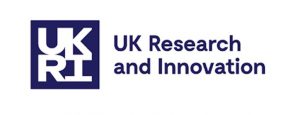 UK Research and Innovation (UKRI) is calling on postdoctoral researchers, research associates and other early career researchers to join its new Early Career Researcher Forum.
UK Research and Innovation (UKRI) is calling on postdoctoral researchers, research associates and other early career researchers to join its new Early Career Researcher Forum.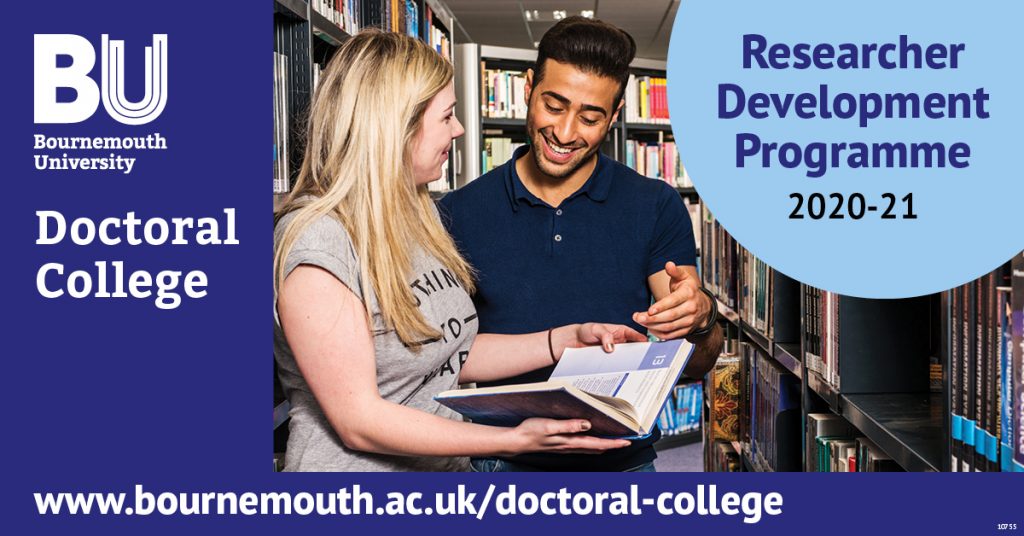
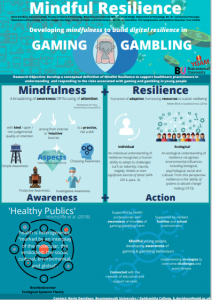
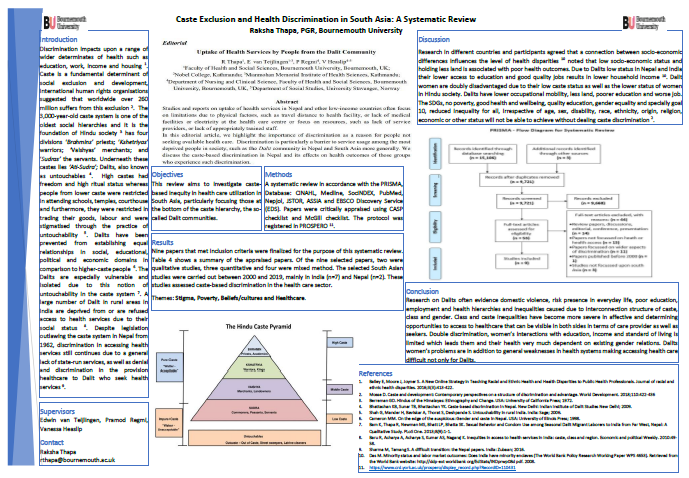
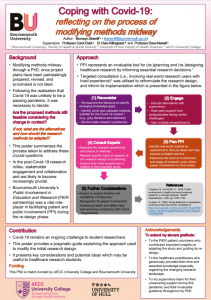
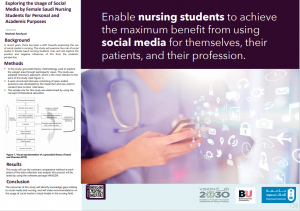
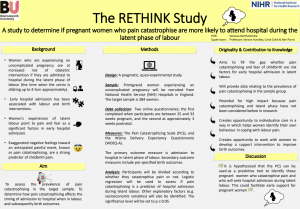
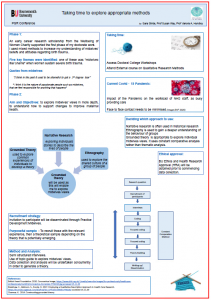
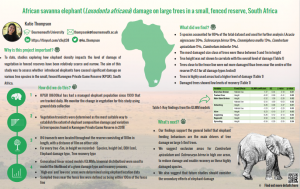
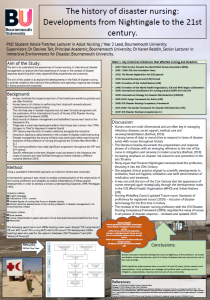
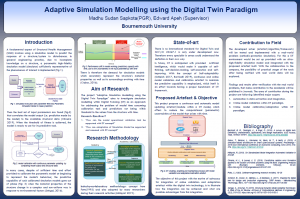
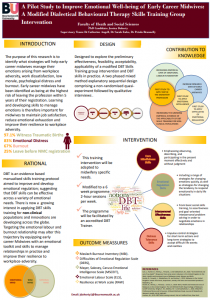
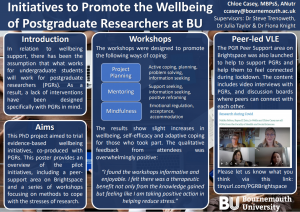
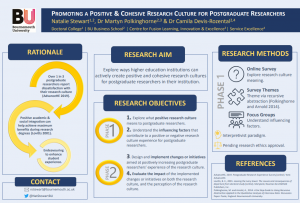











 New weight change BU paper
New weight change BU paper One week to go! | The 16th Annual Postgraduate Research Conference
One week to go! | The 16th Annual Postgraduate Research Conference Geography and Environmental Studies academics – would you like to get more involved in preparing our next REF submission?
Geography and Environmental Studies academics – would you like to get more involved in preparing our next REF submission? Congratulations to three former BU staff
Congratulations to three former BU staff MSCA Staff Exchanges 2024 Call – internal deadline
MSCA Staff Exchanges 2024 Call – internal deadline Applications are now open for 2025 ESRC Postdoctoral Fellowships!
Applications are now open for 2025 ESRC Postdoctoral Fellowships! Horizon Europe – ERC CoG and MSCA SE webinars
Horizon Europe – ERC CoG and MSCA SE webinars MaGMap: Mass Grave Mapping
MaGMap: Mass Grave Mapping ERC grants – series of webinars
ERC grants – series of webinars